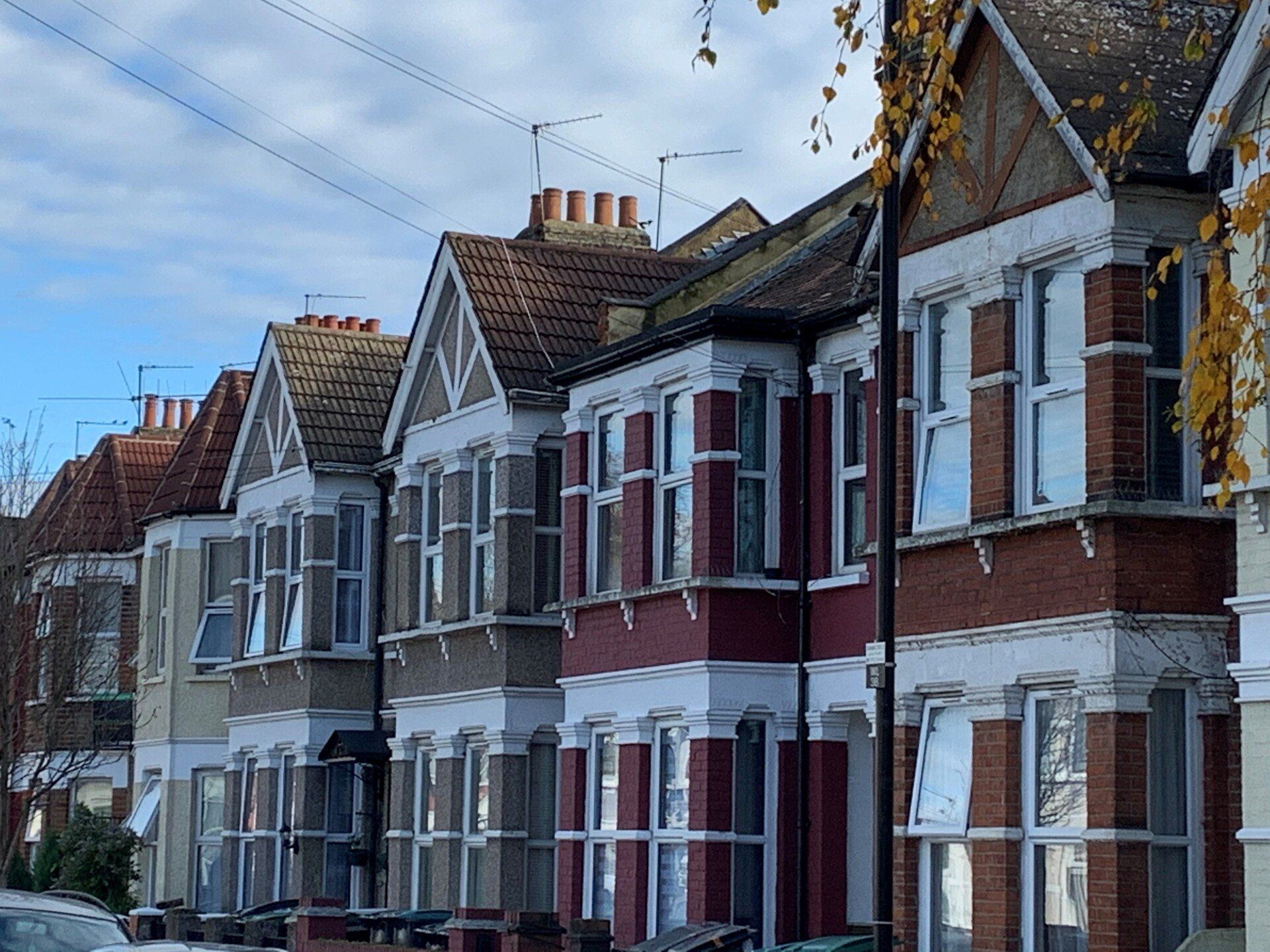Taking a Neighbourly Stance on Party Wall Issues
The advice in this article will help you handle the party wall procedure in a cordial, considerate manner. If the public heeded this advice, fewer disputes would probably need to be settled under section 10 of the party wall act, and good neighbourly relations would probably continue.
The top advice is to
· Early, clear, and in-person communication
· Propose the "agreed surveyor" strategy.
· Be considerate of your neighbours’ choices.
Following these three guidelines may be a good idea regardless of a neighbours’ decision.
1. Early, clear, and in-person communication
All too frequently, people learn about their neighbours' construction activities for the very first time when they get a letter from an ambulance-chasing surveyor. This surveyor searches for recently filed planning applications, and after finding them, they write to the neighbours to incite a dispute so they can profit from it. This is completed behind the building owner's back and prevents neighbours from discussing issues privately.
Awareness of the issue is the best way to combat it, as surveyors who follow ambulances want to take advantage of ignorance to profit from it. The public is left to pick up the crumbs without any assistance because the professional bodies on both sides of the aisle are happy to tolerate this behavior. When submitting a planning application, the best course of action for submitting a planning application might be to first discuss it with your neighbour. The principle of talking with your neighbours about your proposals should be urged whenever possible, at the earliest stage. This will put you in front of the ambulance chasers. A perception of lack of communication is one of the main drivers of disputes, according to experience gained from handling thousands of them. The owner of the building will only be responsible for this if he is.
2. Propose the "agreed surveyor" strategy
The way a neighbour should react to a notice is not something the building owner should advise. Numerous instances of vulnerable people giving their consent while being coerced are horrifying. It should not be pressed upon a neighbour to give a response to a notice. Why not inquire if the neighbour's chosen surveyor can serve as the "agreed surveyor" if the neighbour disagrees and wants to appoint his own surveyor, though? This ought to be a lot more typical than it is.
The neighbour has the right to select his own surveyor. Nevertheless, he concluded that the neighbour's refusal to comply with the building owner's request for using his surveyor as the "agreed surveyor" was unreasonable. The building owner paid unneeded service charges, and the neighbour has been forced to pay her own surveyor's fees, which were deemed to be in excess of what was ostensibly needed to resolve the conflict.
It is generally a good idea to suggest the agreed surveyor approach, and it won't hurt to just put the question out there. There shouldn't be a reason why they can't share their selected surveyor since the neighbour made the selection.
3. Be considerate of your neighbours’ choices.
An owner of a building should not really have any expectations regarding how a neighbour will react to a notice. Reciprocity is frequently anticipated; for instance, if you gave your neighbour permission to build a loft, you can expect him to give him as well. However, a neighbour is not required to return the favour, and when this does not happen, it can be extremely upsetting. Even though it may be upsetting, it is best to move on and make sure the situation is handled as effectively as possible.
Some neighbours may merely object to the work in general and file a dispute because they do not want to pay fees, cause delays, or do anything else but be a nuisance. Do not bite where this happens. The neighbor's control over the dispute is swiftly deleted, and the surveyor will need to act quickly to ensure that the dispute is resolved. The challenging neighbour may choose a challenging and pricey surveyor, but this is still handled because the building owner has a good surveyor of his own and has the backup of a third surveyor.
The neighbour will frequently have perfectly valid reasons for reacting to a warning in a particular way, which is perhaps the last and most important factor. Give them the benefit of skepticism whenever you can.










